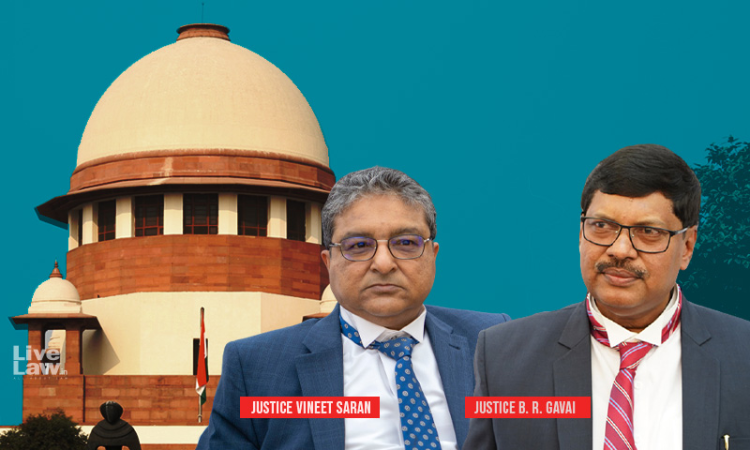"Doctrine of impossibility is applicable to Court orders as well", said the Supreme Court on Friday stayed the directions issued by Allahabad High Court on May 17 for upgradation of medical facilities in the State of Uttar Pradesh on a war-scale footing. Stating that High Courts should avoid passing orders that are not capable of being implemented, a Bench of Justices Vineet Saran and...

